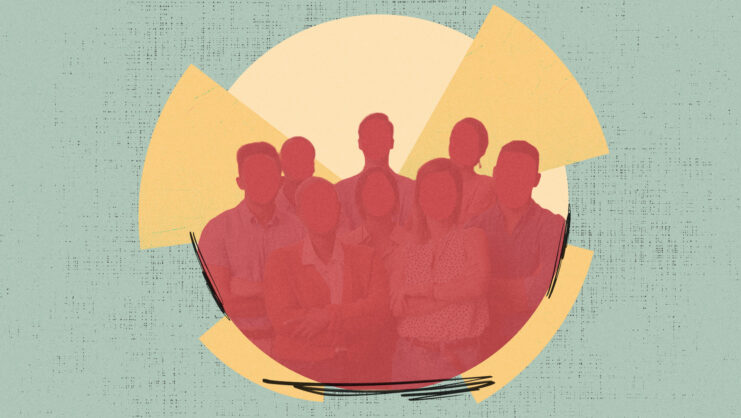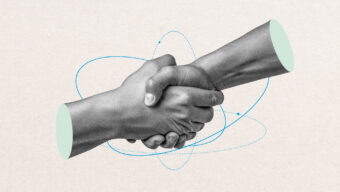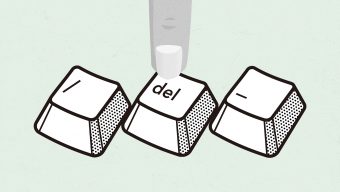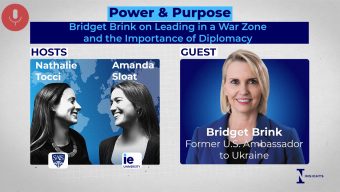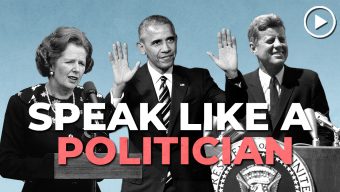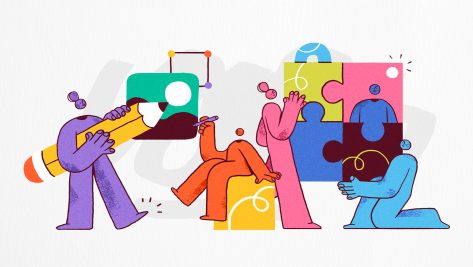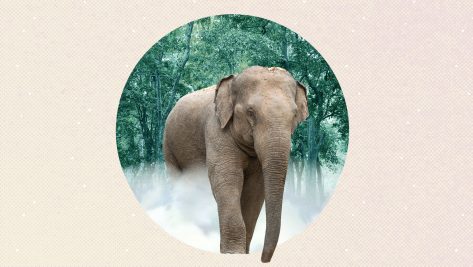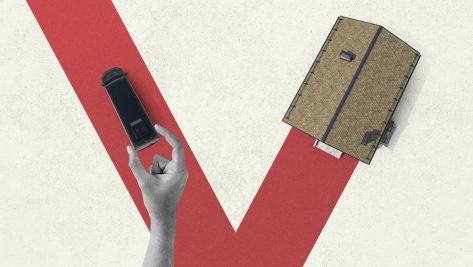How to Achieve Authentic Confidence
What is authentic confidence and how do we achieve it? Nick van Dam, Professor at IE Business School and Director of the Center for Corporate Learning and Talent Management, explains how emotional flexibility helps to develop authentic confidence in the workplace.
© IE Insights.
Transcription
We are experiencing what a lot of people are referring to as the perfect storm caused by a number of macroeconomic trends, business trends, geopolitical challenges that we are experiencing, the health crisis, the pandemic. But also a lot of organizations are accelerating the digitization, automation, robotization. So all these trends are coming together and the implications are that people who are exposed to so much change and uncertainty start becoming less and less confident.
They become scared about what’s happening. They are uncertain about their own future. They are afraid of making mistakes in the organization that can have a negative impact on psychological safety. A very important theme addressed by Amy Edmondson. We have seen that a number of leaders, when they are experiencing a lot of uncertainty, they become very traditional, old-fashioned leaders.
They are not engaging people anymore. They become less and less collaborative when it comes to addressing issues in the organization. You can, as a consequence, shape a culture of fear, anxiety, burnout. We can develop authentic confidence. It’s basically feeling comfortable by not always being confident, and that you are fine to accept that and you address that, that you can deal with it, that you also are vulnerable about it.
So there are a number of skills and practices that you can apply to become more confident, and it all has to do with emotional flexibility. An approach to develop emotional flexibility is based on research from psychologist Steve Hayes, and he has developed a number of practices that will help people to become more emotionally flexible and as a consequence, more confident.
The first one is purpose and values, people who understand their personal purpose and have defined and live their values, it has a huge impact on emotional flexibility. Another one is mindfulness. And mindfulness is all about focusing on the activities that make sense every day to stay clear on what’s important for you, make a decision that’s outside of your scope, and that will help you. Another one is the acceptance theory. You accept, actually, that you have certain feelings, emotions about what you are doing.
The fourth one is about diffusion. And diffusion means understanding what our hot buttons are. Understand how we typically respond to those triggers and being able to tone down our response. From an emotional perspective, the self-as-context, looking at yourself through different lenses and understand what kind of choices you can make in certain situations in responding to what’s happening around you.
And the final is committed to action, focusing on specific goals that you want to achieve over the next month, or six months, or 12 months. All of these cultivate emotional flexibility, and they will help you advance your level of self-confidence. And to develop that also requires you to be open and have a growth mindset and to learn and to be perfectly fine, to make mistakes. And that’s part of also being authentic, confident, being comfortable by not always being confident.
© IE Insights.



